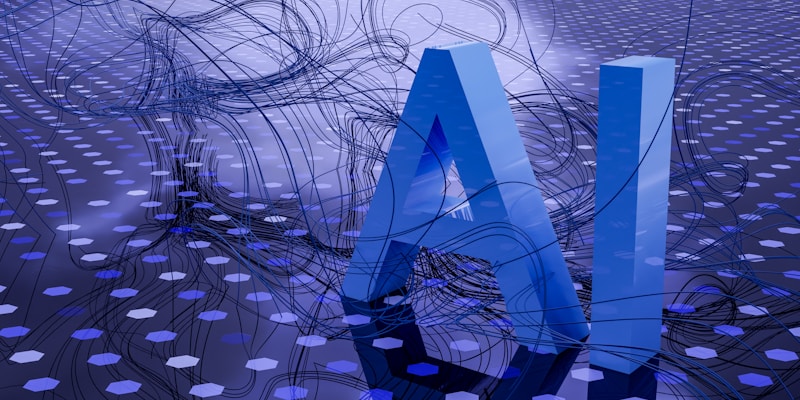Introduction to Artificial Intelligence
Artificial Intelligence (AI) has become one of the most transformative technologies of our time. From virtual assistants to recommendation systems, AI is reshaping how we interact with technology and solve complex problems.
What is Artificial Intelligence?
AI refers to the simulation of human intelligence in machines that are programmed to think and learn like humans. It encompasses various subfields including machine learning, natural language processing, computer vision, and robotics.
Key AI Concepts for Beginners
- Machine Learning: Algorithms that improve automatically through experience
- Deep Learning: Neural networks with multiple layers that can learn complex patterns
- Natural Language Processing: Enabling computers to understand and process human language
- Computer Vision: Teaching machines to interpret and understand visual information
Getting Started with AI Development
To begin your AI journey, focus on these foundational steps:
- Learn Python programming language
- Understand statistics and linear algebra
- Explore machine learning libraries like scikit-learn
- Practice with real datasets
- Build your first AI project
Popular AI Tools and Frameworks
Several tools can help you get started with AI development:
- TensorFlow: Open-source machine learning framework
- PyTorch: Dynamic neural network framework
- Jupyter Notebooks: Interactive development environment
- Google Colab: Free cloud-based notebook environment
Conclusion
Starting your AI journey might seem overwhelming, but with the right approach and resources, anyone can learn AI fundamentals. Focus on building a strong foundation in programming and mathematics, then gradually explore more advanced topics through hands-on projects.


